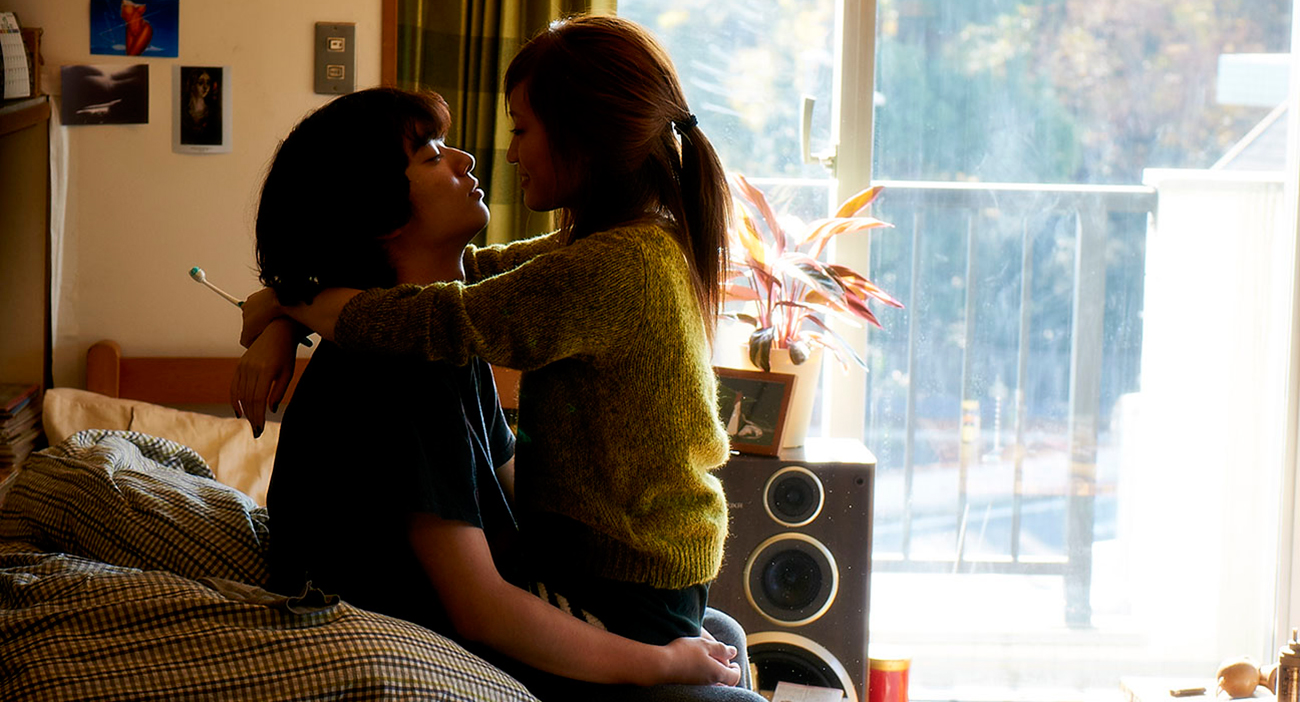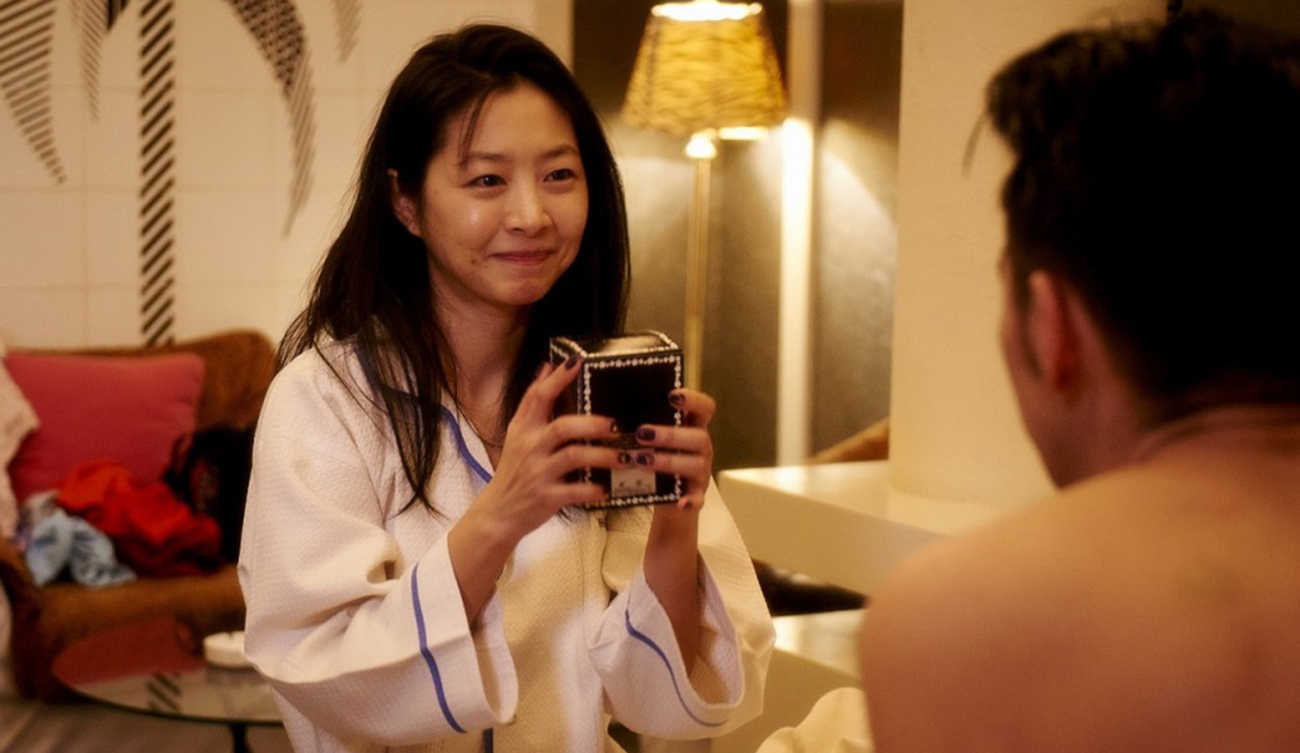Despite the racy surface of the film, Ryuichi Hiroki’s latest drama is hardly a sexual romp opting instead to approach its subjects with a touch of compassion and sympathy. It’s understandably appropriate to title it as Kabukicho Love Hotel for an overseas audience however the original Japanese title of the film ‘Sayonara Kabukicho’ is a little more telling, at least from from a cultural standpoint.
Some time ago I was reading a piece about about the evolution of Tokyo’s Kabukicho district, reportedly Asia’s “largest adult entertainment district”. Once a hotbed for adult mischief, reports in recent years seem to indicate the decline of the red light district’s reputation as both a dangerous and exciting place to hang around in. Increasing interest from tourists and the area’s redevelopment have forced the district to adapt as a result, leaving some either lost in the shuffle or feeling displaced as a result. That sentiment stitches itself into the fabric of this film: from its characters to its worn out environment, there’s a strong sense of displacement that breaks through from the overall presentation of Kabukicho Love Hotel.

Taking place over 24 hours, Kabukicho Love Hotel weaves together several adult stories of the staff and visitors at Hotel Atlas which altogether paints a larger image of individuals lost and discovering a way out. Though some stories can be quite of a hit and miss – usually a given when it comes to multi-strand narrative films such as this – there’s a raw frankness to each story that feels earnest and true. One story involving a Korean prostitute (Lee Eun-woo) and her boyfriend (Son Il-kwon) can be argued as the picture’s strongest and the most emotionally wrought. In this story, Hiroki never casts judgement on either characters in their struggle to live with each other and survive, allowing the characters to simply exist as they would. Almost observational in it’s approach, this is merely just one example that effectively demonstrates how very few aspects of the film feel sensationalised – a route which Kabukicho Love Hotel could have easily adopted – and lends the film a more powerful voice to walk away with.
While it is great that all the stories in one way or another link thematically within the grand scheme of things, the sudden insertion of Kabukicho Love Hotel’s supporting stories can often feel jarring and disrupt the flow of the film also. Just as one story is about to develop at a compelling pace, that’s suddenly stopped by the introduction of something new. In that sense, the film does struggle a bit with pacing as Kabukicho Love Hotel continually stops and starts with each newly introduced side plot. After about an hour in, it can actually feel a lot longer than it actually is.

Rising star Shota Sometani gets top billing here and once again proves why he’s an actor audiences shouldn’t be sleeping on, providing a sturdy performance as the disillusioned manager of Hotel Atlas. Meanwhile, Korean actress Lee Eun-woo drives the film’s emotional core with a stirring performance as a prostitute on her final day of work. Also impressive is Miwako Wagatsuma whose short time on screen as a runaway teenager is well worth paying attention to, even if her character’s story doesn’t resonate as deeply as others.
There are flashes of brilliance in Kabukicho Love Hotel which certainly shows signs of a filmmaker who clearly feels comfortable exploring human emotion and drama in life’s private pockets. There’s nothing especially gaudy in Hiroki’s film which I suspect might be the case of his earlier independent work too (this is my first Ryuichi Hiroki film!). Kabukicho Love Hotel is a capable and engaging work of human drama aided by some assured performances that are sure to get people talking.
